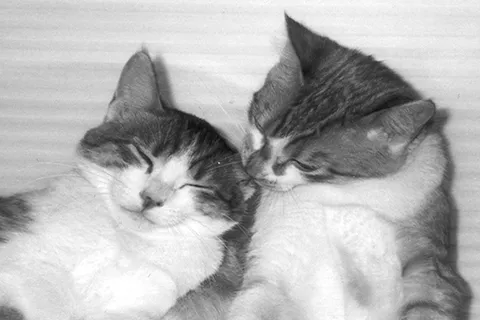Welcome To
Cherry Valley Veterinary Hospital
About Cherry Valley Veterinary Hospital
Cherry Valley Veterinary Hospital, founded by and under the medical direction of Dr. Lance Weekes, has been serving Duvall and the Snoqualmie Valley areas since 2003.
Meet Our Veterinary Team
Led by the experienced and compassionate Dr. Weekes, our team is committed to providing the highest level of care to every patient who walks through the doors.

Thank you for making us one of the highest-rated veterinary hospitals in Duvall, WA.
Dr. Weekes is a very compassionate and knowledgeable veterinarian. I first started bringing my pets to him out of local convenience but continued seeing him because of the great service he and his staff always deliver. Even during COVID when every vet office was feeling the squeeze, Dr. Weekes always made room in his schedule to see drop-off patients the same day or next.
I have also used this office for pet cremation services, Dr. Weekes and Jan were both very compassionate towards me and my deceased pet and made a difficult time less so.
I have also used this office for pet cremation services, Dr. Weekes and Jan were both very compassionate towards me and my deceased pet and made a difficult time less so.
Sabrina W.
My regular vet couldn’t see my cat on an urgent basis as they were booked. I tried 4 ER vets and another in town. No one would accept my cat as everyone is booked and understaffed. Cherry Valley kindly took in my cat on a full schedule when he wasn’t peeing and had a suspected blockage/UTI/ infection. I am forever grateful for their kindness. My cats are my babies. I felt heard, respected, communicated with, and cared for.
Kristina L.


